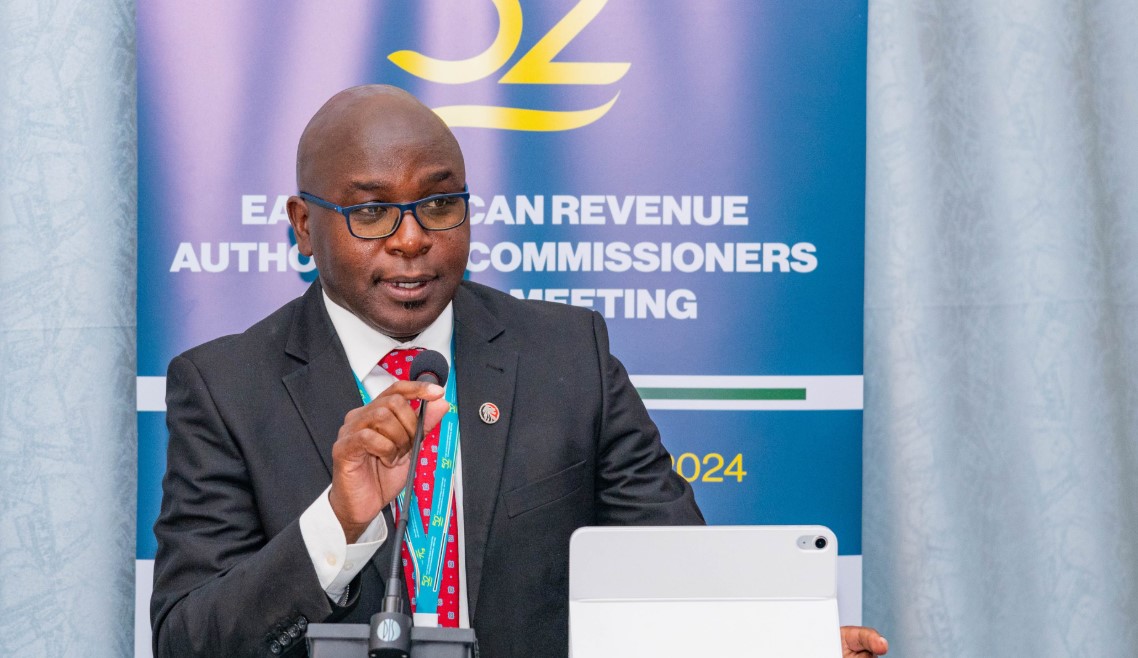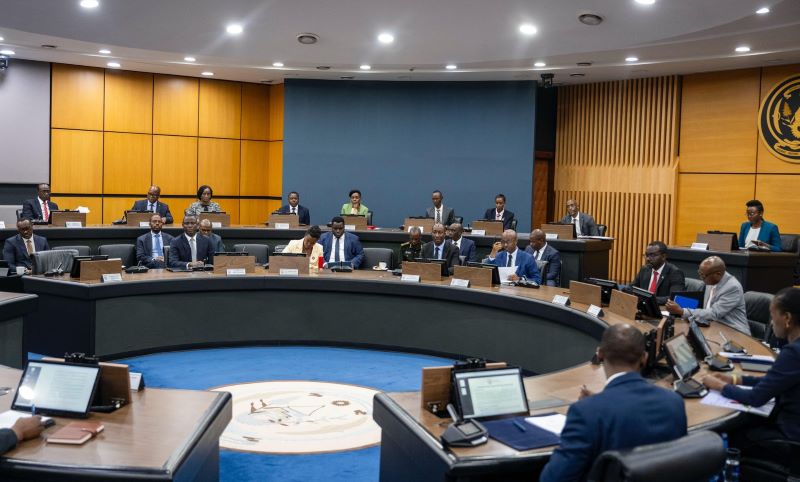KRA announces major overhaul of tax filing and payment system starting January 2026

The authority said it will begin authenticating income and expenditure details declared in annual tax returns and introduce a structured payment plan for those unable to clear their dues at once.
The Kenya Revenue Authority (KRA) has unveiled plans for a new system that will overhaul how taxpayers file and settle taxes starting January 2026.
The authority said it will begin authenticating income and expenditure details declared in annual tax returns and introduce a structured payment plan for those unable to clear their dues at once.
More To Read
- KRA sets December 31 deadline for fuel stations to adopt eTIMS invoicing system
- Rising charges for permits, passports push non-tax revenue to record levels
- KRA seizes 21,600 smartphones worth Sh16 million in latest tax evasion crackdown
- Auditor General flags Sh170 billion revenue shortfall for FY 2023/2024
- KRA to overhaul customs system, fully automate cargo operations by 2026
- Fuel levy hike pushes KRA’s road levy collections to record Sh119.7 billion
In a public notice dated November 7, 2025, KRA stated that the validation exercise will apply to all 2025 income year returns filed through the iTax platform from next year.
The process will involve comparing the information declared by taxpayers with three key data sources: invoices generated under the TIMS/eTIMS system, withholding tax records, and customs import data.
The taxman explained that this approach will help verify that all declared income and expenses are legitimate and fully backed by electronic invoices submitted with the buyer’s PIN, where applicable.
“All declared income and expenses must be supported by a valid electronic tax invoice, correctly transmitted with the buyer’s PIN, where applicable,” the statement read in part.
KRA added that this process will be subject to exemptions outlined in Section 23A of the Tax Procedures Act, Cap 469B, and the Tax Procedures (Electronic Tax Invoice) Regulations, 2024.
Taxpayers have been urged to contact their account managers to obtain a summary of their transactions through TIMS/eTIMS ahead of the filing period.
“KRA invites feedback and insights from taxpayers and stakeholders to facilitate a smooth and effective implementation of this validation process,” the authority said.
According to KRA, the initiative is part of a broader plan to improve accuracy in tax reporting, prevent fraudulent claims, and strengthen compliance.
The validation will automatically occur once the returns are submitted through iTax, with the system cross-checking entries against its own databases.
At the same time, KRA announced a new Automated Payment Plan (APP) aimed at easing the burden on taxpayers who may find it difficult to pay their tax liabilities in full.
The authority said this will allow those affected to clear outstanding balances, including penalties and interest, through scheduled instalments.
“Kenya Revenue Authority wishes to inform taxpayers and the general public that as part of its ongoing commitment to enhance convenience and promote compliance, it is introducing a new Automated Payment Plan (APP) mechanism,” the statement added.
To qualify for the arrangement, taxpayers must have a valid KRA PIN, be fully registered on the iTax system, and have a confirmed tax liability not under objection or court review. Eligible taxpayers will be required to submit a proposed repayment plan through iTax or other KRA channels, with the instalment period capped at six months.
However, the agency warned that any failure to meet agreed payment timelines could result in termination of the plan and further enforcement action.
“Failure to adhere to the agreed payment schedule may lead to termination of the plan and trigger enforcement action. These may include revocation of the Tax Compliance Certificate and other legal recovery measures,” the statement cautioned.
KRA said both the validation and automated payment initiatives are meant to simplify tax administration, encourage voluntary compliance, and improve efficiency in revenue collection across all taxpayer categories.
Top Stories Today















































